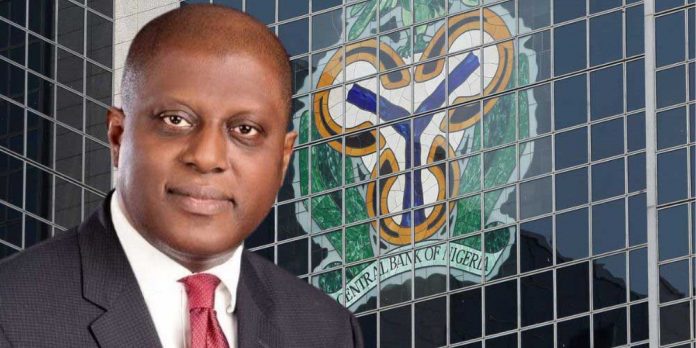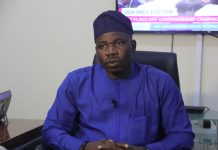Nigeria’s foreign reserves have risen to $39.12 billion, marking a 12.74% increase from $34.70 billion at the end of June 2024, according to Central Bank of Nigeria (CBN) Governor, Yemi Cardoso. The significant growth, as of October 11, 2024, was attributed to increased foreign capital inflows, crude oil-related taxes, and third-party receipts.
Speaking before the House of Representatives Committee on Banking, Governor Cardoso highlighted that remittances now make up 9.4% of the nation’s external reserves, further bolstering the reserve base. He noted that the current reserve position is capable of financing over 12 months of imports of goods and services, or 15 months of goods alone, far exceeding the international benchmark of three months.
“This provides Nigeria with a strong buffer against external shocks,” Cardoso emphasized.
Inflation Moderation and Policy Impact
On inflation, Cardoso pointed out that although it had surged earlier due to rising food prices, energy costs, and infrastructural issues, inflation began to decelerate from 34.19% in June 2024 to 33.40% in July. By August 2024, inflation eased further to 32.15%, a trend attributed to aggressive monetary policy tightening by the CBN.
“With continued monetary and fiscal policy coordination, inflation is expected to decline further in the near-to-medium term,” Cardoso stated.
The CBN governor outlined the comprehensive monetary measures taken to combat inflation, including an 850-basis point increase in the policy rate to 27.25%, raising Cash Reserve Ratios, and normalizing Open Market Operations for liquidity management. The CBN has also adopted an Inflation-Targeting (IT) monetary policy framework as part of its 2024-2028 Enterprise Strategy.
“These integrated measures aim to stabilize prices and optimize liquidity management while strengthening the effectiveness of monetary policy,” Cardoso explained.
Foreign Exchange Market Reforms and Banking Sector Recapitalization
Cardoso also touched on foreign exchange reforms, noting the CBN’s successful implementation of a unification strategy that streamlined various exchange rate windows into a single model, using the “Willing Buyer, Willing Seller” approach. This reform has enhanced FX liquidity and financial market stability, reducing market distortions and volatility in the exchange rate.
In addition, the CBN has launched a recapitalization policy for commercial banks, requiring them to strengthen their financial positions by March 2026. This policy is expected to create a more robust and resilient banking sector, supporting Nigeria’s goal of becoming a $1 trillion economy by 2030.
“Commercial banks have several options to meet these new capital requirements, including issuing new equities, engaging in mergers and acquisitions, or adjusting operational licenses,” Cardoso noted.
Lawmakers Praise CBN’s Efforts
In his remarks, the Chairman of the House Committee on Banking Regulations, Hon. Mohammed Bello El-Rufai, commended Governor Cardoso for his efforts to stabilize the Nigerian economy. He praised the CBN’s initiatives to unify the foreign exchange market, reduce market distortions, and clear a $7 billion backlog of valid forex requests.
“Under your leadership, the CBN has introduced groundbreaking measures that have enhanced market transparency, improved financial stability, and fostered a more secure investment environment,” El-Rufai stated.
However, he urged the CBN to continue addressing the country’s economic challenges, particularly in tackling inflation and further strengthening the financial sector.
As Nigeria continues on its path to economic recovery, the CBN’s policies remain central to stabilizing the nation’s economy and achieving long-term growth.











